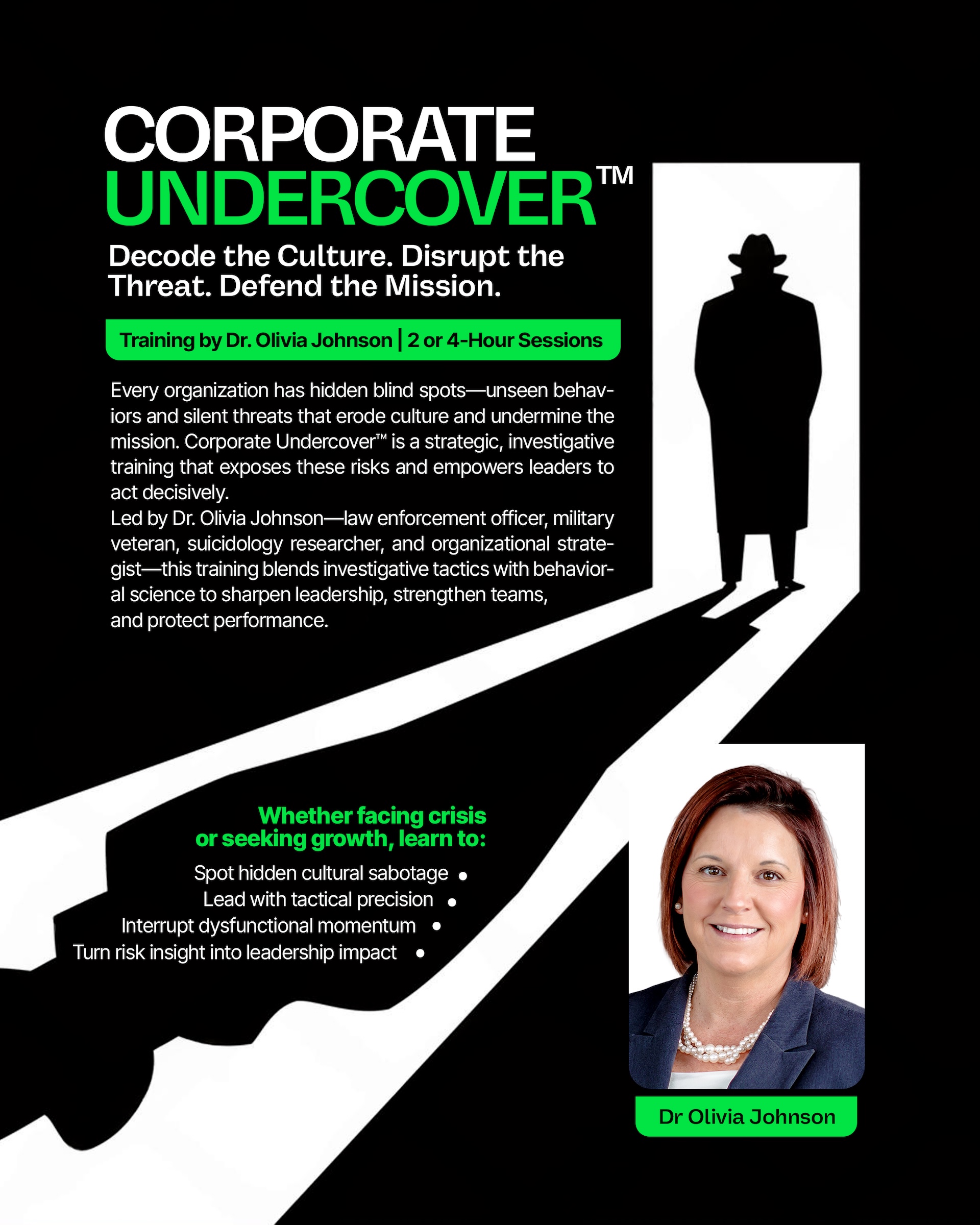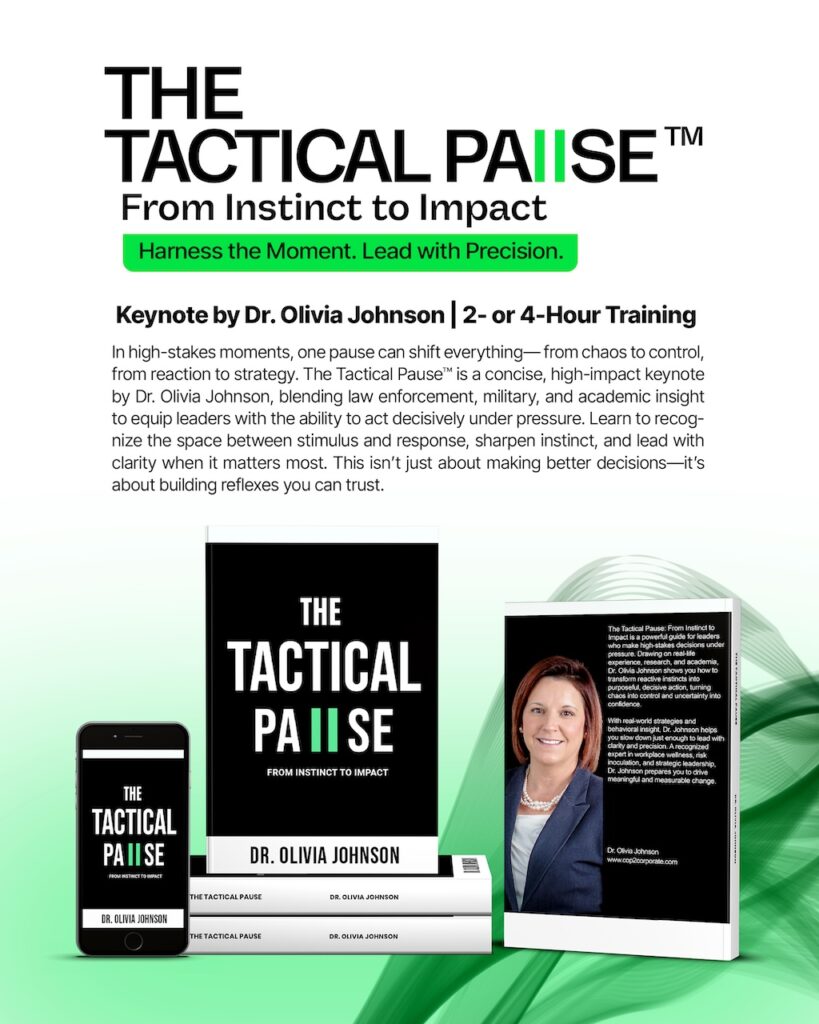In law enforcement, when tension builds, danger escalates, or the unknown becomes overwhelming, there’s a simple but powerful call made over the radio: “Requesting backup.” And with that call, everything begins to shift. Reinforcements arrive—not just in numbers, but in presence, strength, coordination, and calm. It’s a reminder that no one is left to face the chaos alone.
That same principle applies far beyond the front lines of policing. It applies to life. And more than ever, it applies to leadership.
Backup Has Arrived™ is a rallying cry for today’s overwhelmed, overextended, and often under-supported leaders. Whether managing teams, guiding communities, or navigating organizations through uncharted territory, the pressure can become immense. The expectation to always have the answers, keep it together, and lead through every storm is not only unrealistic—it’s unsustainable.
Somewhere along the way, many leaders internalized the idea that asking for help signals weakness. That true leadership means going it alone. But nothing could be further from the truth.
Real leadership isn’t about self-containment—it’s about strategic reinforcement.
The strongest leaders know when to call for backup—not as a last resort, but as a tactical decision. They understand that connection fuels resilience, and collaboration extends capacity. They don’t wait until burnout hits or morale bottoms out. They stay alert to the signs—fatigue, isolation, decision fatigue, disconnection—and they respond before it spirals.
Calling for backup might mean delegating with purpose, building internal support systems, reaching out to trusted partners, or simply acknowledging: “I can’t do this alone—and I don’t have to.”
Because when backup arrives, things change. The weight lessens. Focus returns. Confidence rises. And what once felt overwhelming becomes manageable, even meaningful.
This isn’t just about motivation—it’s about a shift in mindset.
It’s about leaders learning to:
- Reframe asking for help as a bold, wise act—not a failure.
- Recognize early signs of overload, disconnection, and misalignment.
- Leverage internal talent, trusted allies, and collaborative partnerships.
- Lead with steadiness and purpose, knowing you are supported—not solitary.
The most effective leaders aren’t the ones who never need help. They’re the ones who know exactly when to call for it—and how to harness it when it arrives.
So, if you’re leading under pressure, navigating uncertainty, or silently shouldering too much alone, hear this:
Backup has arrived.
In the form of strategy, structure, and solidarity. In the permission to shift, to share the load, and to lead without burning out.
Your next breakthrough might not come from pushing harder, but from raising your hand, making the call, and allowing reinforcement to change everything.


